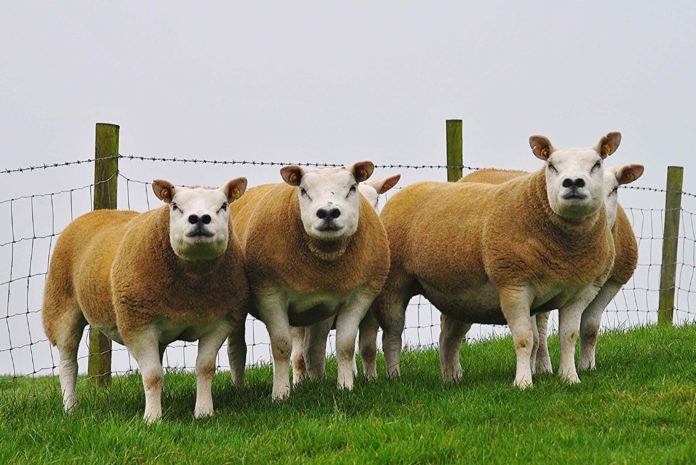AFBI is warning farmers to be aware of the risk of plant poisoning in sheep, particularly due to ornamental garden plants.
Whilst plant poisoning is diagnosed throughout the year, most outbreaks of poisoning by plants in sheep occur over the winter months when grass is scarce, according to the institute.
A common history is of animals that have recently been moved to new or rented pasture, that have broken out, or animals that have been brought in o fields closer to the farm, for dosing or lambing, for example.
“By far the most common plants seen in poison cases are those of the Ericaceaea family which include Azaleas, Rhododendron and Pieris species such as Forest flame.”
“Pieris spp, in particular, account for a large proportion of cases submitted for postmortem. These plants contain the toxin acetylandromedol which is very poisonous to sheep.”
“Poisoning due to ivy can also occur in sheep. Whilst it is used in livestock as a traditional folk tonic, ingestion of large quantities can cause death in sheep.”
Signs of plant poisoning in sheep
Clinical signs of plant poisoning in sheep occur a few hours after ingestion. The animal will become dull, salivate, and may vomit.
Furthermore, the animal may develop obvious abdominal pain and may develop nervous signs if it lives long enough. Frequently, the animal will become recumbent and die.
“There are no specific antidotes, but supportive therapy may be beneficial. In particularly valuable animals, surgery to remove the toxic leaves from the rumen may be indicated.”
“Often more than one animal in the flock is affected and a number may have died before a diagnosis by post-mortem is confirmed.”
“It is important to check fields for ornamental shrubs before using for grazing. Garden clippings can also cause outbreaks if not disposed of safely.”
If you are concerned your sheep may have eaten something poisonous, remove them from the potential source. Contact your local veterinary practice for advice, the institute advises.





